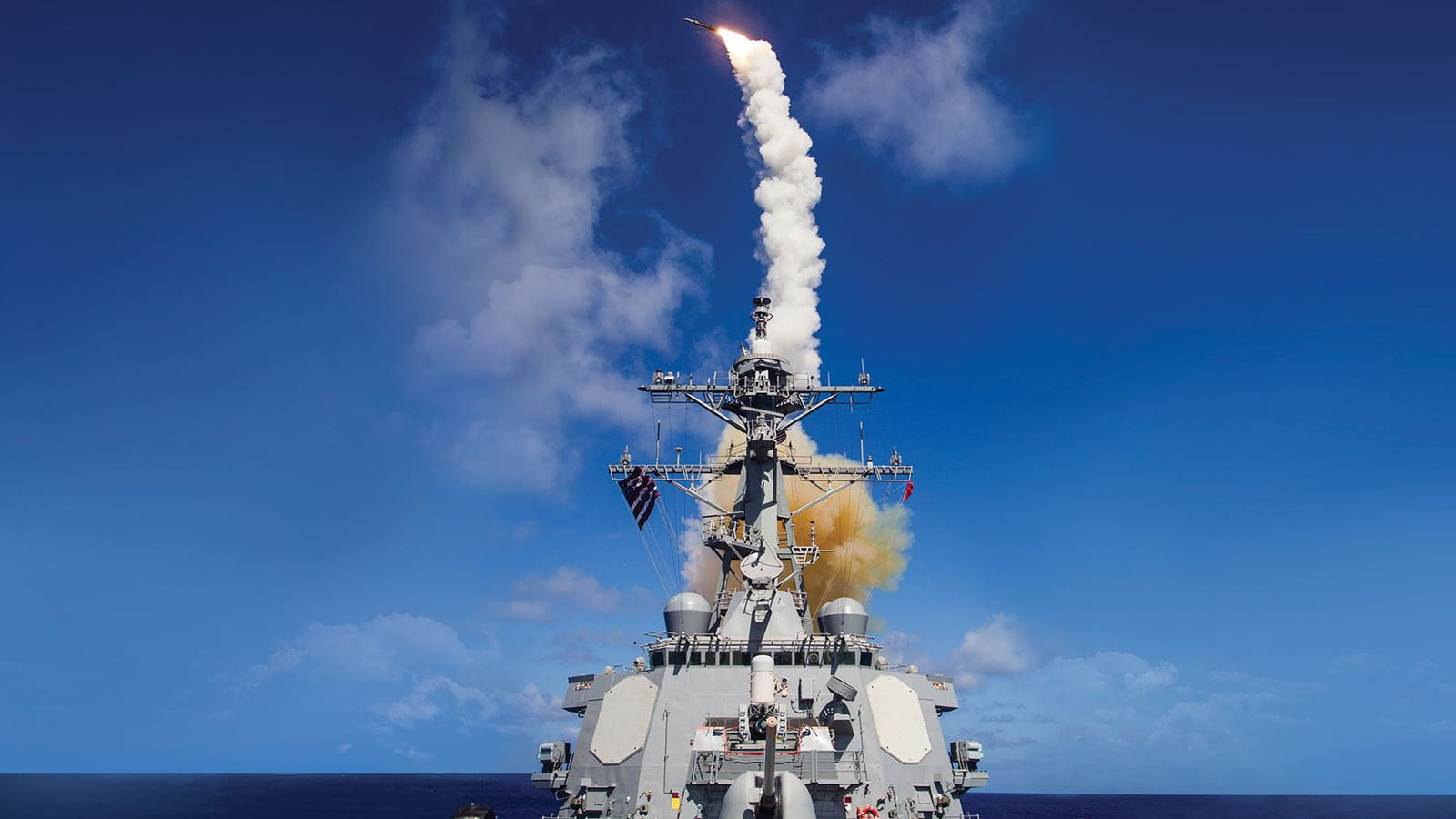The announcement of the intent to merge United Technologies' (UTX 0.01%) aerospace business with defense contractor Raytheon (RTN +0.00%) sent shock waves through the aviation industry, but it's fair to say the reaction hasn't been universally positive. In particular, some high-profile hedge fund managers are reportedly opposed to the deal. Let's take a look at what's going on and see whether there's a good case for opposing the deal.
Why hedge funds originally bought United Technologies stock
To understand why some fund managers oppose the deal, it's important to look at the original viewpoint of investors who bought the stock before the announcement of the UTC breakup plan.
In a nutshell, hedge fund managers like Dan Loeb and Bill Ackman argued that a breakup of the company would likely lead to the constituent companies trading on valuations closer to their intrinsic value. The idea is that industrial conglomerates tend to trade at a discount to the sum of the valuations of the individual parts because investors increasingly want to make focused investments.

A Raytheon missile taking off. Image source: Raytheon website.
These arguments were seen as particularly applicable to UTC's Pratt & Whitney geared turbofan (GTF) aircraft engine -- one of two engine options available on the Airbus A320 NEO, a workhorse of the commercial aviation industry. Industrial conglomerates are valued on a one-year-out earnings/cash flow basis, but aviation companies often command valuation premiums with the understanding that products like the GTF generate strong long-term revenue after initial periods of cash-intensive investment.
United Technologies decides to break up
Ackman and Loeb got what they wanted when United Technologies announced a breakup, as they expected the stock finally to unlock greater shareholder value. Unfortunately (at least from some investors' perspective), United Technologies' management decided to take a detour and merge with Raytheon.
The move worried hedge fund managers such as Ackman, who is opposed to the deal and reportedly wrote to UTC CEO Greg Hayes expressing concern over the deal's strategic logic. Moreover, Ackman, a hedge fund manager who, before 2019, had lost money for his investors for four consecutive years, believes the deal will lower the quality of UTC's earnings.
However, the most important criticism is that by agreeing to a deal (United Technologies shareholders will receive 57% of the new company with Raytheon shareholders getting 43%) at a time when UTC stock is seen as trading at a discount, management is not doing a great job for investors.
As noted above, hedge fund managers bought the stock because they perceived it as undervalued and were looking for a potential breakup to release value. In this line of thinking, it would be better to wait until the stock trades closer to what many investors believe it's worth.
Putting all this together, when you look at it from the viewpoint of a fund manager who bought the stock for the potential breakup, and believes a revaluation is coming after the split and thinks the GTF is the key to UTC's long-term potential, then it's understandable that they would oppose the deal.
Here's the good news
Yet you don't have to think like a hedge fund manager worrying about your near-term investment thesis playing out. If you're prepared to take a longer-term view, there are four key reasons why the deal makes sense.
First, UTC may well be undervalued right now, but who's to say that it won't remain that way in the future? Moreover, Raytheon's valuation could also increase, so if the timing and dynamics of the deal are right, then why shouldn't management seek to enhance shareholder value over the long term by doing the deal? It may not suit the investment thesis of fund managers, but it's the job of Hayes and his team to add value over the long term.
Second, with the future absence of the less-cyclical cash flows from Otis and Carrier, UTC could probably use the cash flow from Raytheon's defense-heavy business to support investment in products like the GTF; without having made the heavy investment (some $10 billion) in the GTF, the company wouldn't have the intrinsic value that Loeb and Ackman initially saw in the stock.
Third, while the planned cost synergy of $1 billion (or 2.9% of Raytheon's sales) doesn't look great compared to the 7% that UTC took out when it bought Goodrich ( the Rockwell Collins acquisition is expected to generate 6%), the deal will save both companies a lot of future investment as the two companies can share technology and research and development platforms.
Fourth, the mix of UTC's commercial-aviation-heavy sales stream and Raytheon's defense revenue is complementary, and will also balance out the cyclicality of UTC's earnings.
A good deal for long-term investors
All told, while the deal might not suit the immediate interests of fund managers concerned with yearly returns, it looks promising when it comes to creating long-term value for shareholders. It also presents an opportunity for both companies to fully capitalize on previous investments in technology and build businesses that enhance value for shareholders by creating world-leading products.






